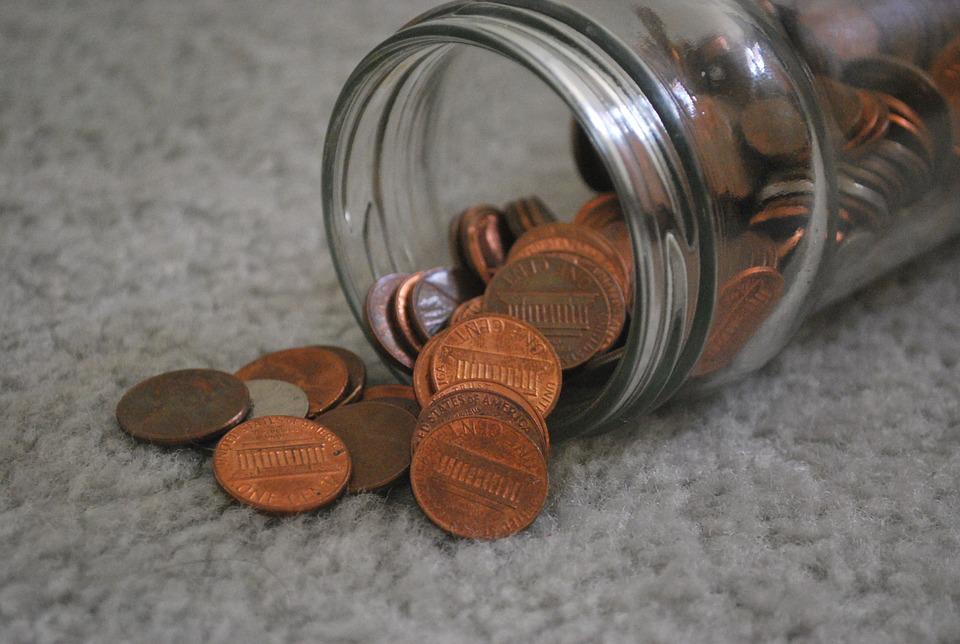
16 Jun My emergency fund earns very little. Where else can I invest it?
Photo: pixabay.comQ. I have an emergency fund in a money market fund making close to nothing. Is there anything I can do to make more money on my account? I don’t expect to need it, unless in an emergency, I guess, but I feel like I’m losing out by just letting it sit there.
— Saver
A. We’re glad you’re asking.
It is important to remember that emergency funds are there to provide short term cash for unexpected reasons, not to generate large returns.
Avoid the temptation to take on any risk with this money to seek better returns, said Alex Vaccarella, a certified financial planner with Wealth Enhancement Group in Warren.
He said when it comes to emergency funds, size is important
A common rule of thumb is to target three to six months of expenses depending on your situation, Vaccarella said. Some common reasons to tap an emergency fund are loss of income, large healthcare expenses, home expenses and auto expenses.
“To the extent you are more exposed to those risks — for example, living in a single income rather than dual income household, living in an old home with pending repairs, being covered by a high-deductible health plan — you should target a larger emergency fund,” he said. “Once you have that target established, you can feel comfortable committing any excess cash to other goals where long term investing is appropriate and higher returns are achievable.”
But, he said, you can potentially squeeze some additional interest out of the emergency fund without giving up access or taking on risk.
He said websites including Bankrate.com allow you to easily find and compare the best paying interest bearing accounts from FDIC insured banks.
“Cash committed to the emergency fund should always be in a safe and accessible account, generally savings, money markets or liquid CDs, and shopping around for the best rates from online banks could be the difference of 1% or more in interest compared to the options offered by your existing bank, which could be at or near 0%,” he said.
Additionally, as interest rates rise, banks generally don’t automatically increase rates for existing customers, so re-shopping periodically is important, he said.
“CDs will offer the highest rate of return with the caveat that with most contacts you will forfeit some of the interest credited if you need to get out of the CD in the middle of the term and for that tradeoff you will get some additional return,” he said.
Email your questions to .
This story was originally published on June 16, 2022.
NJMoneyHelp.com presents certain general financial planning principles and advice, but should never be viewed as a substitute for obtaining advice from a personal professional advisor who understands your unique individual circumstances.

